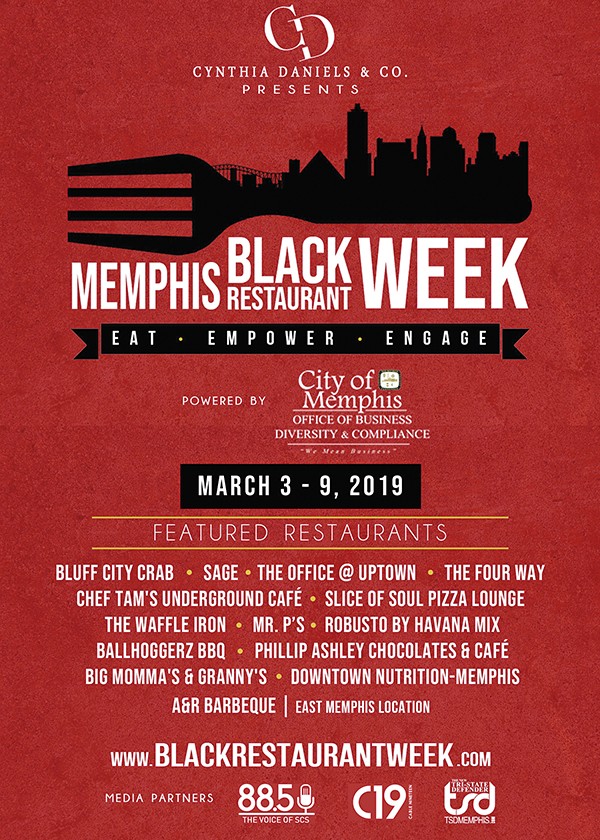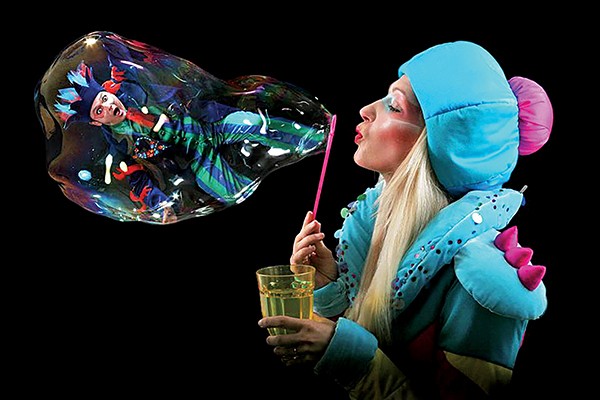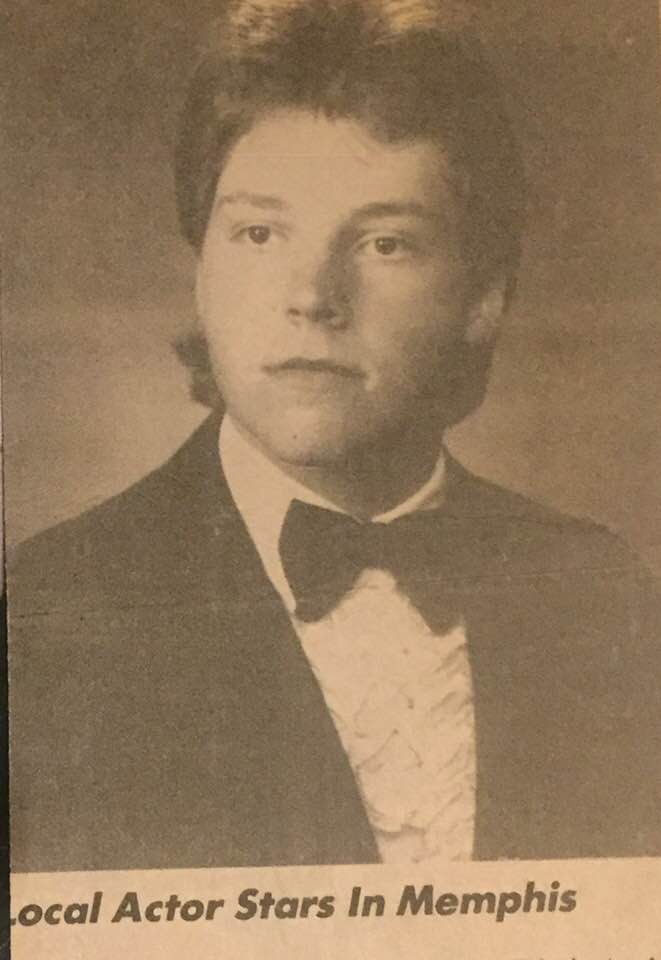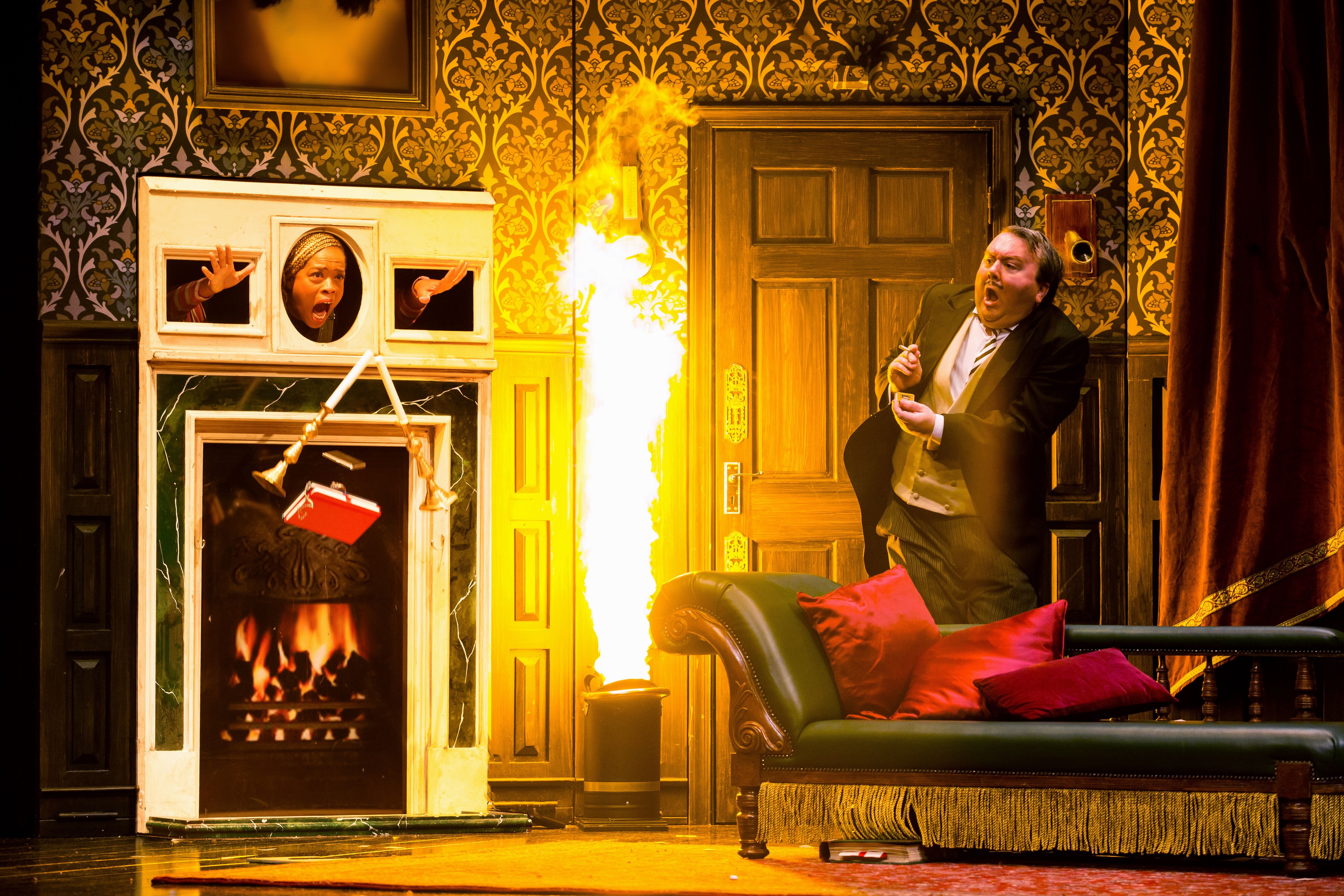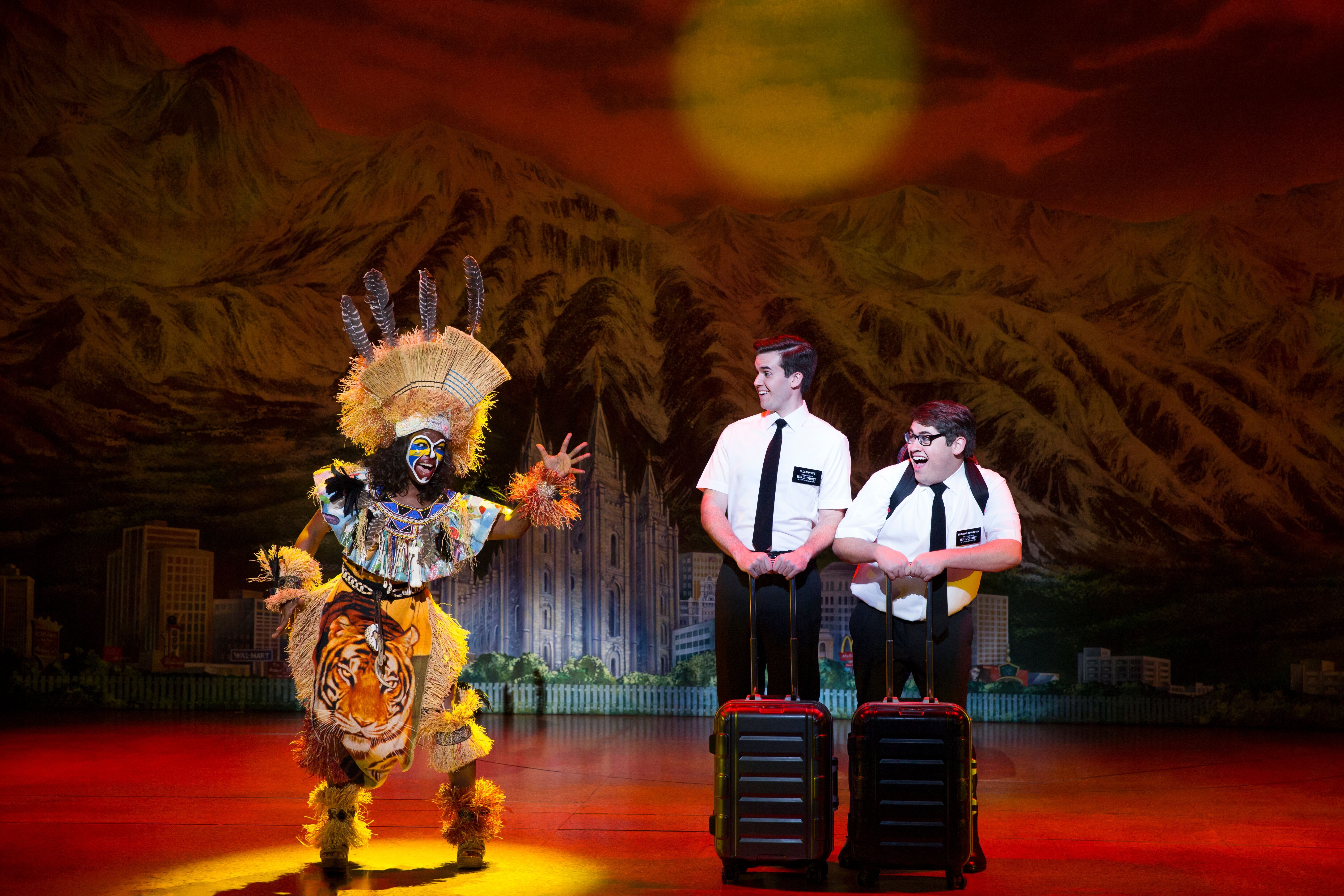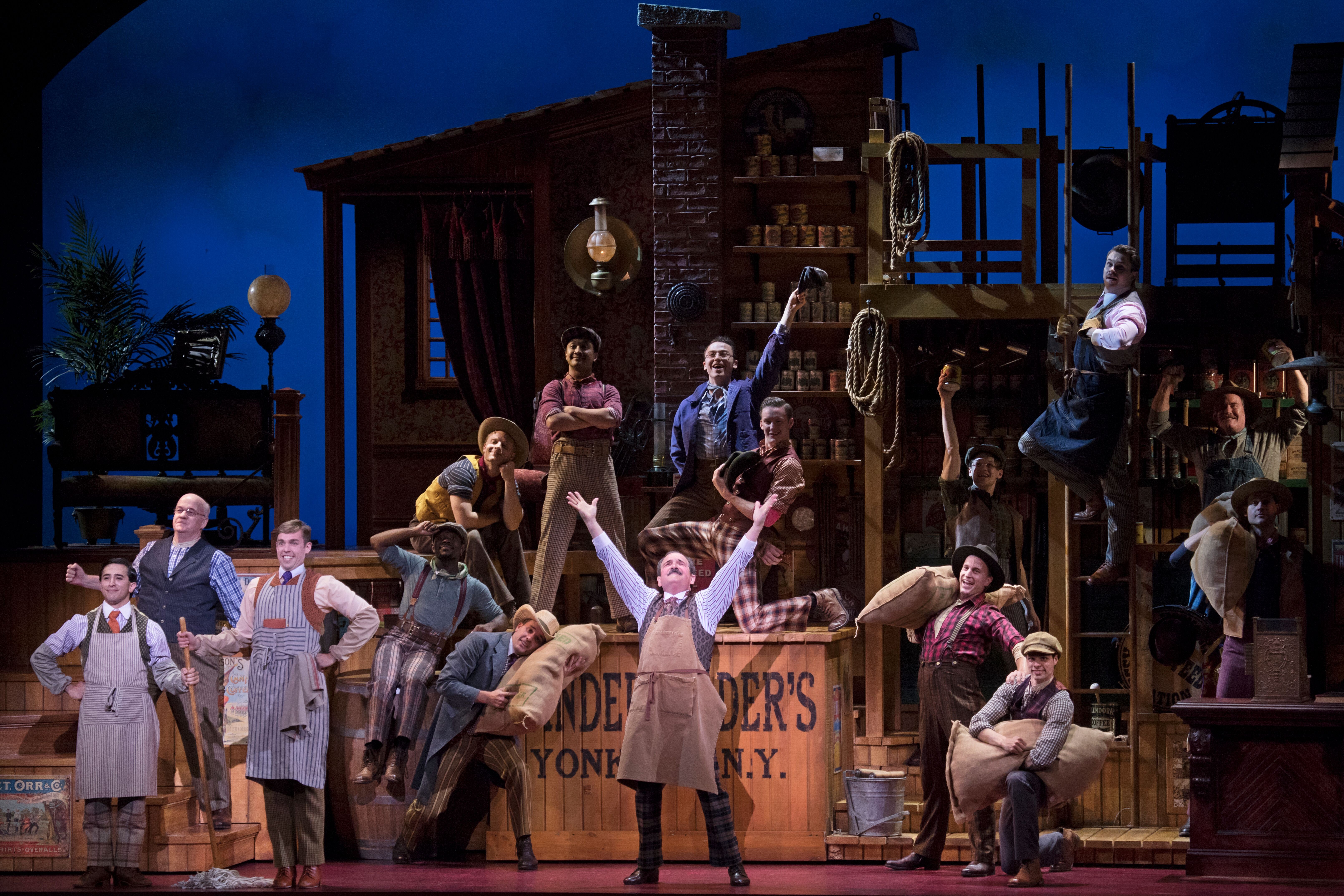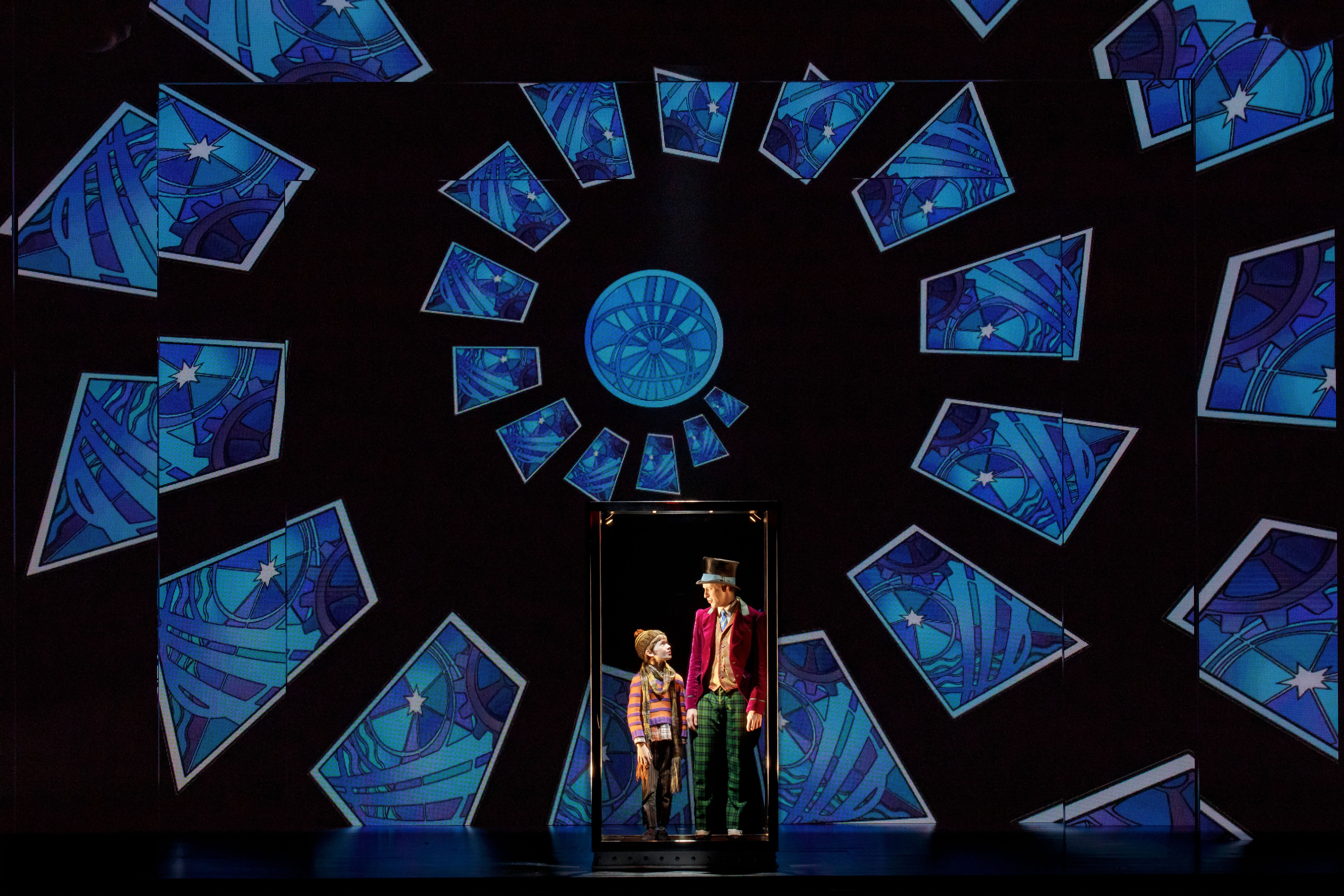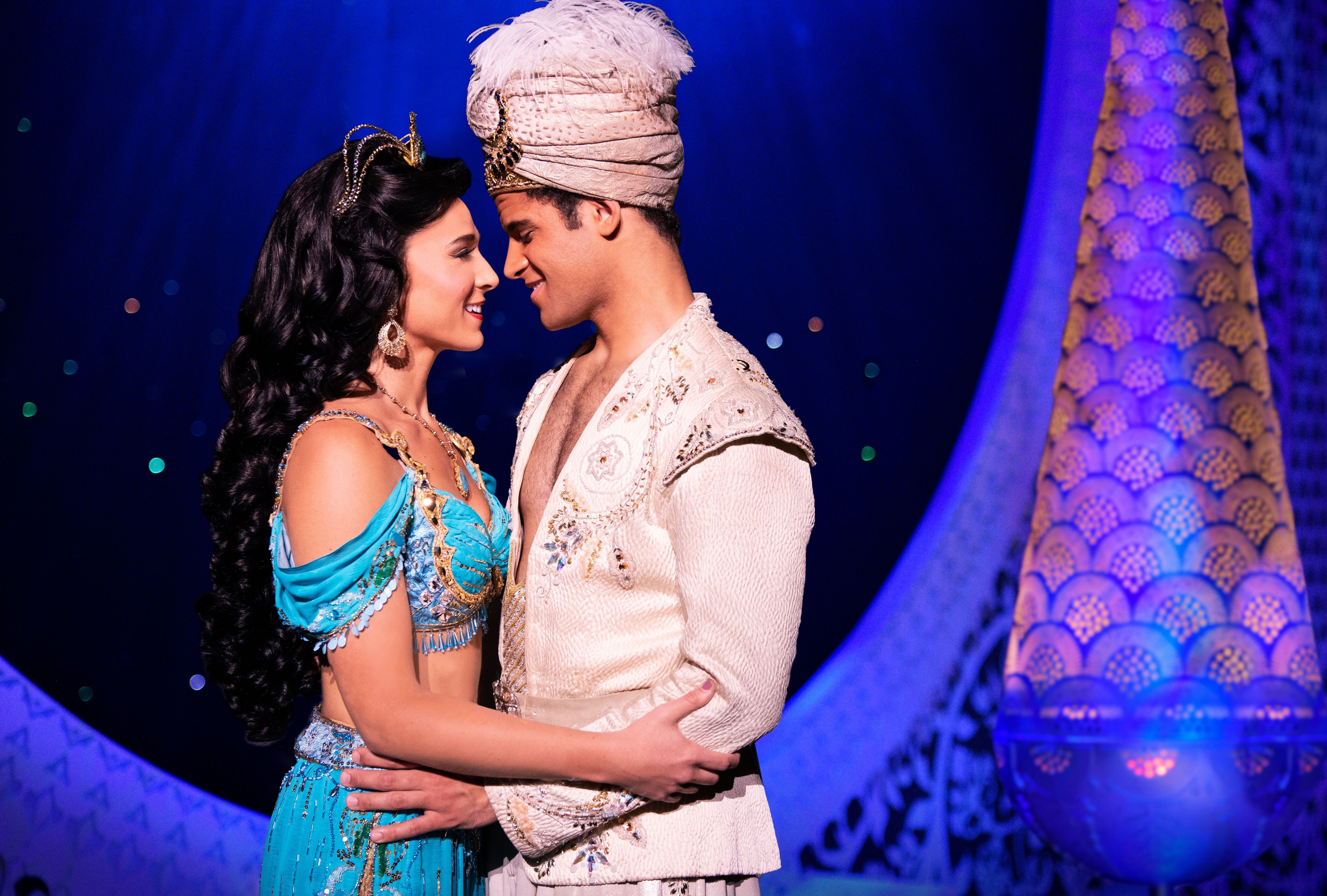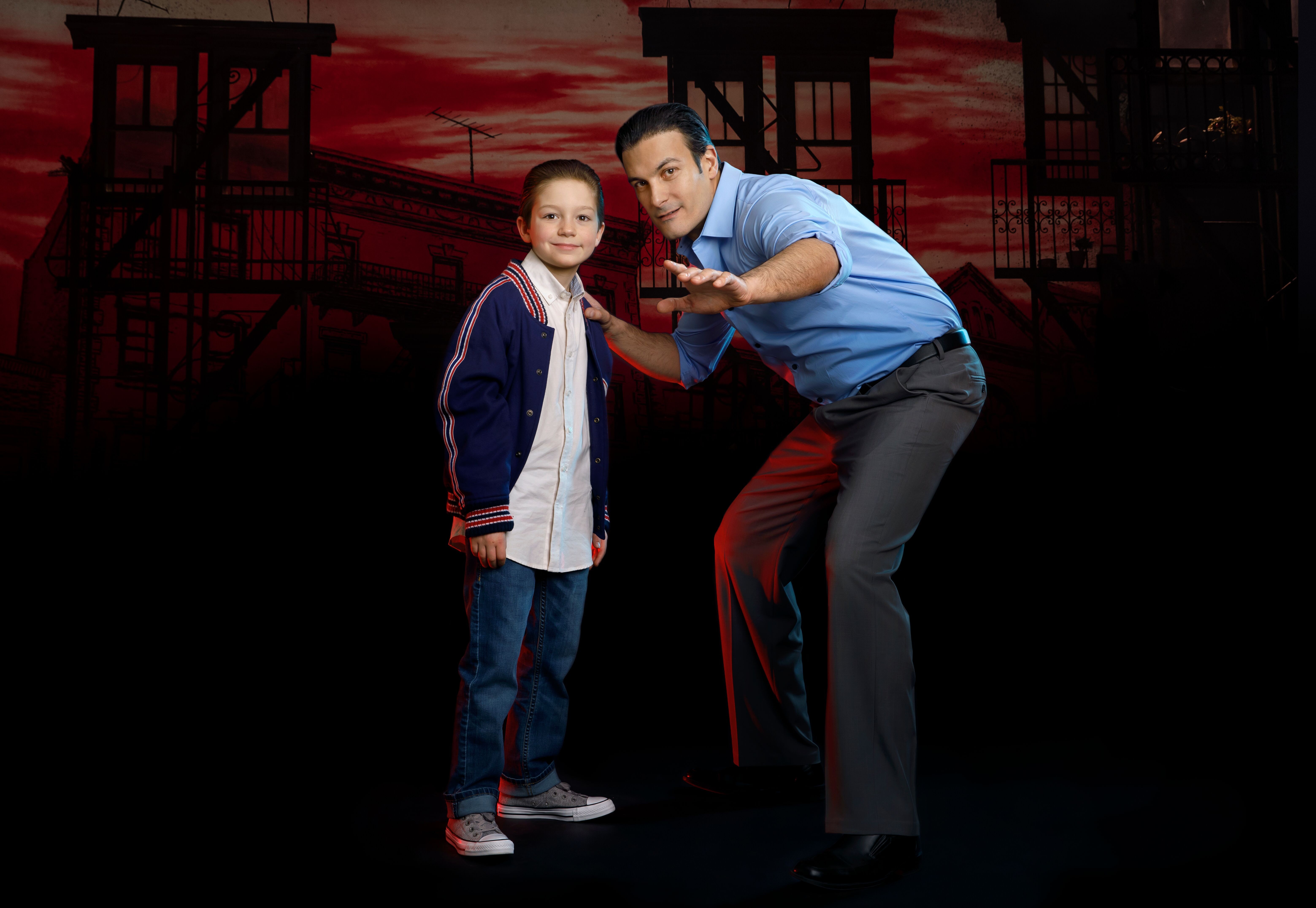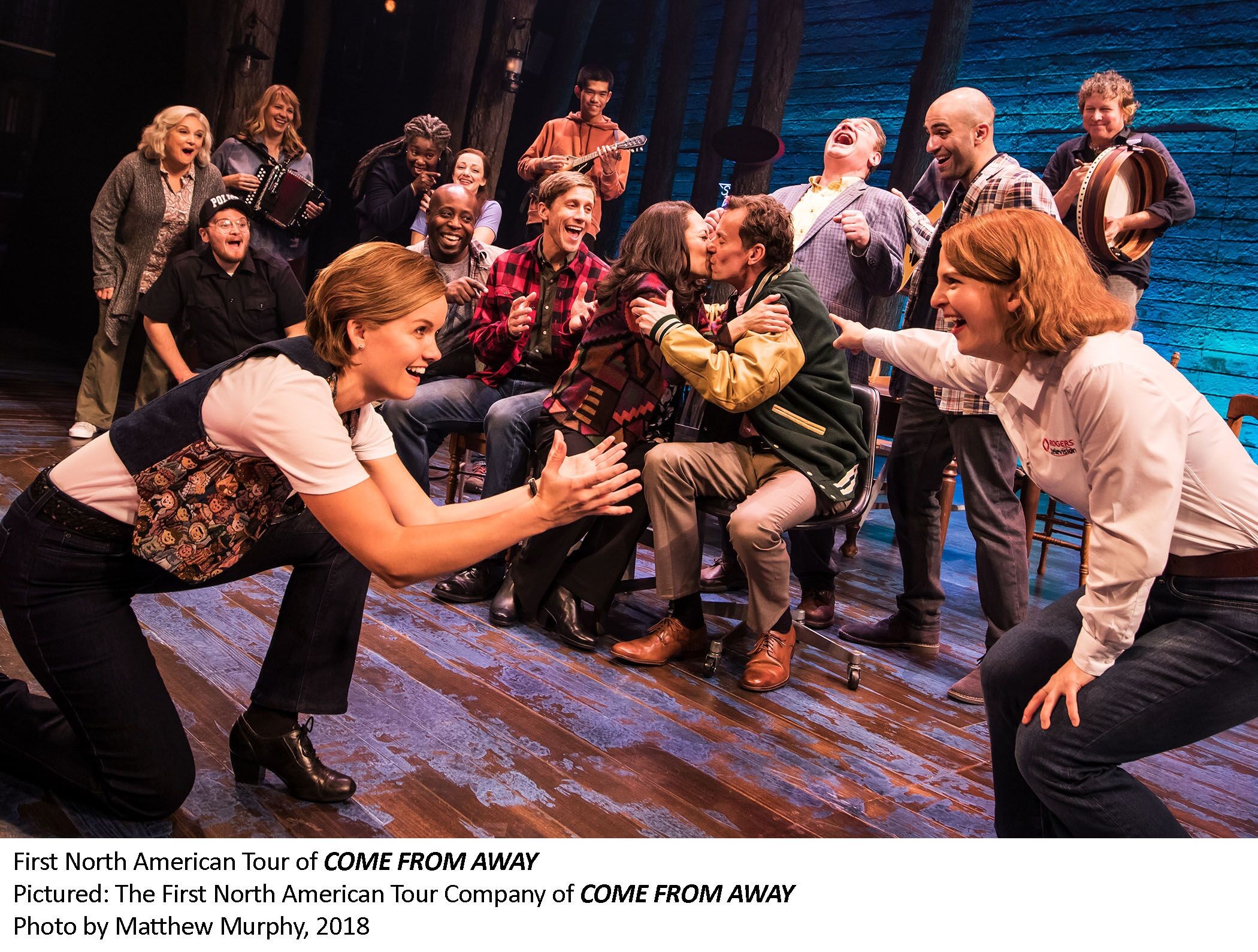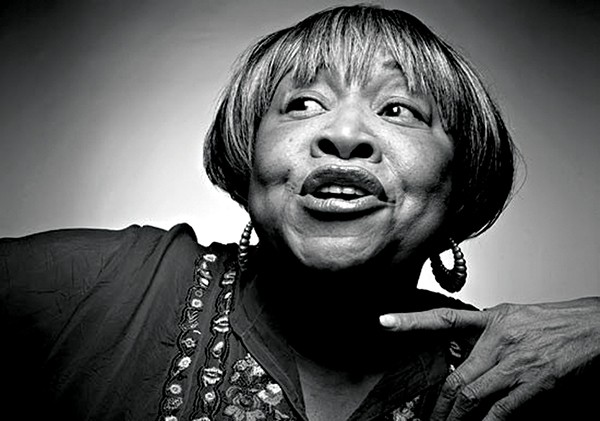
Playhouse on the Square‘s 2019-2020 Season Revives the musical Memphis, while showcasing popular Broadway fare with 1980’s music tie-ins. Kinky Boots, with a book by Harvey Fierstein and songs by “Girls Just Want to Have Fun” singer Cyndi Lauper, opens the season, a season that also features The Go-Gos unusual jukebox show Head Over Heels.
The ’19-’20 season folds in classics like Little Shop of Horrors and Ain’t Misbehavin’, with world and regional premieres.
Via Playhouse on the Square:
KINKY BOOTS
By: Harvey Fierstein Lyrics by Cyndi LauperAugust 9 – September 1, 2019 @ Playhouse on the Square
Based on the 2005 British film of the same name and scored by Cyndi Lauper, Charlie has inherited a shoe factory from his father. It sounds like a great deal, except the factory is failing and on the way to being shut down. Enter Lola, a cabaret performer and drag queen, who sees what Charlie can’t – and it’s all in the heel.
THE HUMANS
By: Stephen KaramAugust 23 – September 8, 2019 @ The Circuit Playhouse
Thanksgiving in a run-down, Chinatown apartment isn’t the usual setting for the Blake family. But Brigid and new boyfriend Richard insist. A family get together is a great time to reconnect with those you love – or complain about religion, career choices, and why you spend money on organic vegetable smoothies. For this family, it is somewhere in between.
ON GOLDEN POND
By: Ernest ThompsonSeptember 20 – October 6, 2019 @ Playhouse on the Square
Norman and Ethel Thayer are living out their golden years, enjoying summers at the family lake house. As with most homes, you find there are always things in need of repair. As you get older, you may find the same can be said for relationships as well.
HEAD OVER HEELS
By: James Magruder / Lyrics By: The Go-Go’sOctober 4 – October 27, 2019 @ The Circuit Playhouse
Charged with the unmistakable, iconic music of The Go-Go’s, the kingdom of Arcadia goes on a daring quest to do whatever it takes to protect their famous “Beat.” On their journey they will find love, deceit, and misinterpreted prophesy. Will the kingdom of Arcadia be saved? “Our Lips Are Sealed.”
PETER PAN
Based on the Book By: J. M. Barrie
Lyrics By: Carolyn Leigh Betty Comden and Adolph Green / Music By: Mark Charlap and Julie StyneNovember 15 – December 29, 2019 @ Playhouse on the Square
Life will never be the same for Michael, John, and Wendy Darling after Peter Pan visits their nursery window offering to take them to the magical world of Neverland. They meet the Lost Boys, spritely fairy Tinkerbell, the beautiful princess Tiger Lily, and the evil Captain Hook. The conflict between Peter and Hook takes center stage as the magical adventure turns dangerous and teaches everyone the true power of friendship.
JUNIE B. JONES THE MUSICAL
Book & Music By: Marcy Heisler / Lyrics By: Zina GoldrichNovember 22 – December 22, 2019 @ The Circuit Playhouse
It’s Junie B.’s first day of first grade, and a lot of things have changed for her: Junie’s friend, Lucille, doesn’t want to be her best pal anymore and, on the bus, Junie B. makes friends with Herb, the new kid at school. Also, Junie has trouble reading the blackboard, and her teacher, Mr. Scary, thinks she may need glasses. Throw in a friendly cafeteria lady, a kickball tournament and a “Top-Secret Personal Beeswax Journal,” and first grade has never been more exciting.
THE TWELVE DATES OF CHRISTMAS
By: Ginna HobenNovember 29 – December 22, 2019 @ The Memphian Room
One moment you’re headed into the holidays with your cute dress, new bling, and an adorable fiancé. But when you catch him kissing another girl at the televised Thanksgiving Parade, things change. Watch Mary navigate life in the dating world where romance ranges from weird and creepy to absurd and comical. Will she be able to answer the question: What do the lonely do at Christmas? Or will she have us all thinking love stinks?
WHEN WE GET GOOD AGAIN
By: James McLindonJanuary 10 – January 26, 2020 @ TheatreWorks
When brilliant, idealistic, but poor college student Tracy is tempted by a lucrative job selling term papers to her classmates to pay her tuition, she begins to wonder: Is it ever okay to put being good on hold?
MEMPHIS: THE MUSICAL
By: David Bryan and Joe DiPietroJanuary 17 – February 8, 2020 @ Playhouse on the Square
In the 1950s, on the downtown streets of Memphis, TN, Rock and Roll was born. The marriage of downtrodden blues, uplifting gospel and forlorn country made way to a genre of music that would, one day, speak to the soul of the entire world. But for now, in a seedy bar on Beale, this music has spoken to the soul of a local country-boy. The girl that the sound has come from has stolen his heart. Will the objections from their families or the challenges of society be too much for the couple to withstand? Or will Huey and Felecia let nothing steal their rock and roll?
INDECENT
By: Paula VogelJanuary 24 – February 16, 2020 @ The Circuit Playhouse
In 1923, a Jewish theatre troupe produced a controversial play on Broadway that led to the entire company being arrested on the grounds of obscenity. Playwright, Paula Vogel, recounts the controversy surrounding this play and the lives of the actors who created it. Indecent questions the fear of love, the joy of making art, and the courage to do so during the rise of Nazism.
THE BOOK OF WILL
By: Lauren GundersonMarch 6 – March 22, 2020 @ Playhouse on the Square
When a poor rendition of Hamlet is performed three years after the death of William Shakespeare, it is obvious to his friends – someone should put his work to pen – and save the words of the world’s greatest playwright. But to make one, they’ll have to battle an unscrupulous publisher, a boozy poet laureate, and their own mortality, to create Shakespeare’s First Folio.
SCHOOLHOUSE ROCK, LIVE!
Book by: George Keating, Kyle Hall, and Scott Ferguson
Lyrics by: Bob Dorough, Dave Frishberg, George Newall, Kathy Mandry, Lynn Ahrens, and Tom YoheMarch 14 – April 4, 2020 @ The Circuit Playhouse
“Get your thing in action” and relive the glory days of Saturday Morning’s iconic cartoon series. Tom is ready to start his first day as a schoolteacher. The only problem is he is scared to death! Watch as characters from the classic series come to life, reminding Tom the best way to learn has always been with music and an imagination. With memorable songs “I’m Just a Bill,” “Inter-Planet Janet,” and “Conjunction Junction” you will want to scoot down front and grab a big bowl of cereal.
AIN’T MISBEHAVIN’
By: Murray Horwitz and Richard Maltby Jr.March 13 – April 5, 2020 @ The Circuit Playhouse
A revival of this tribute to the Harlem Renaissance and the black musicians that defined a significant era in American music comes home to The Circuit Playhouse. Through the 1920s and 1930s hits like “T Ain’t Nobody’s Bizness,” “Your Feet’s Too Big,” and “Fat and Greasy” filled Manhattan nightclubs and caused a spark across the nation! Join us as we get the joint jumpin for one of America’s favorite musicals.
LITTLE SHOP OF HORRORS
By: Howard AshmanMay 1 – May 24, 2020 @ Playhouse on the Square
When a “Mean Green Mutha From Outaspace” lands in your flower shop, what do you do? Feed it people of course! Hapless flower shop worker, Seymour, only wants the love of his life to notice him. When his little blood sucking plant grows to become the talk of the town, Seymour will get more than he bargained for.
DAYS OF RAGE
By: Steven LevensonApril 17 – May 10, 2020 @ The Circuit Playhouse
It’s October 1969 and five 20-something idealists find themselves in the middle of a country divided. Living together in a house in Upstate New York and confident in the knowledge that they are the only generation to ever take up the resistance, they retaliate against society by denouncing monogamy and other capitalist notions. But when they admit a mysterious newcomer to their collective, the delicate balance they’ve achieved begins to topple. It’ll be six and a half years until the Vietnam War ends but their fight is just beginning.
SOMETHING ROTTEN
By: John O’Farrell and Karey KirkpatrickJune 19 – July 12, 2020 @ Playhouse on the Square
When Nick and Nigel Bottom decide their theatre troupe rivals that of William Shakespeare the best way to beat him is to hire a soothsayer and write a musical about Eggs… right? This Tony Award-winning romp is a love story to all things theatre!
MISSISSIPPI GODDAMN
By: Jonathan NortonJune 5 – June 28, 2020 @ The Circuit Playhouse
In 1963 Jackson, Mississippi, the stirring of Civil Rights is beginning to rally a nation of long oppressed people. But on a particular street, which is home to a civil rights pioneer, not everyone is pleased to see it begin.
ST. PAULIES DELIGHT
By: J. Joseph CoxJuly 10 – July 26, 2020 @ TheatreWorks at the Square
When Paul learns his estranged aunt has passed away, he holds a wake for her that doubles as a testing ground for his exquisite, big gay wedding. A day-of shift in plans leaves Paul’s life in shambles, forcing him to confront burying his definition of family along with his mysterious aunt.
